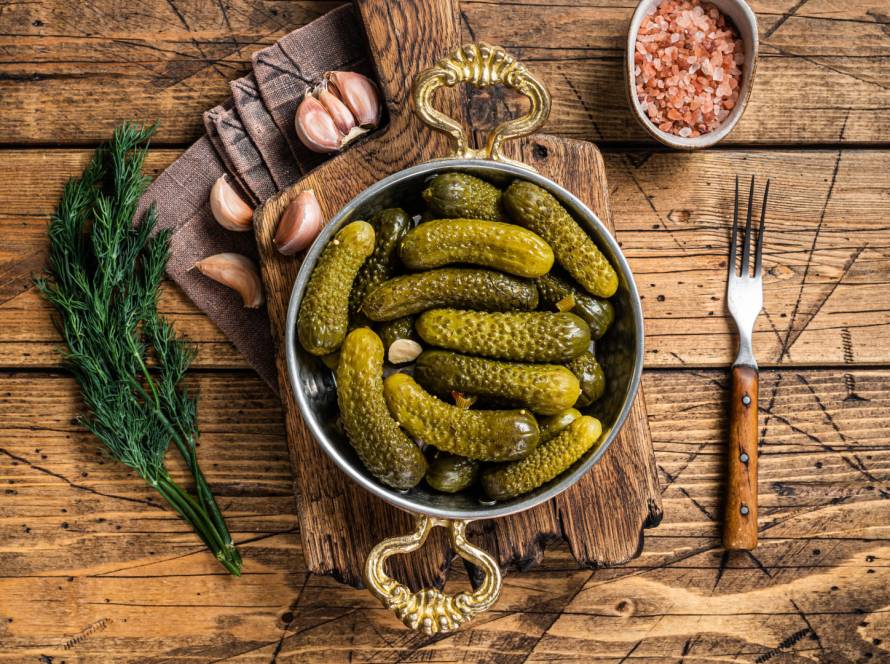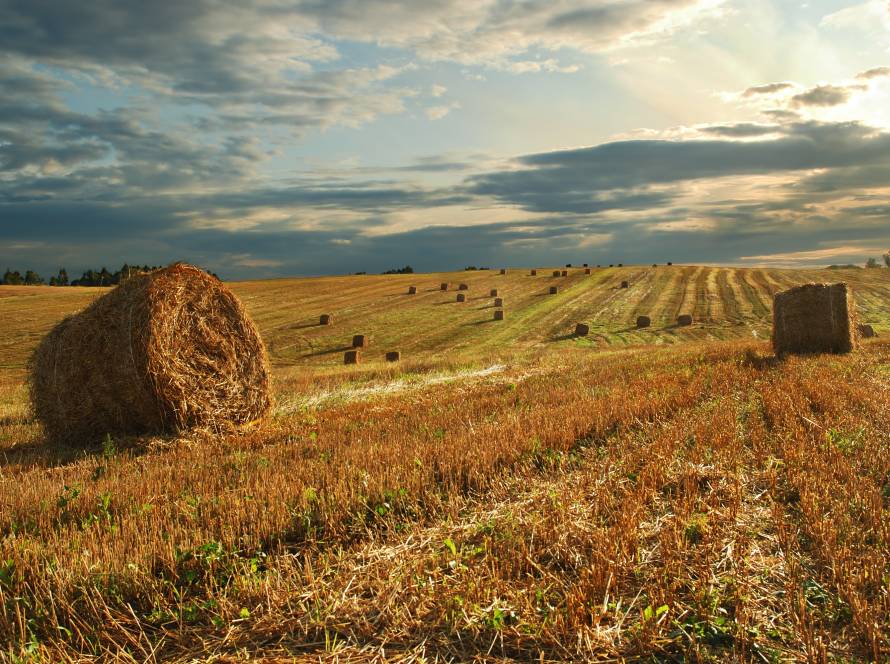Summer is a very busy and dynamic period in terms of agricultural activities. During this season, there are many important tasks for farmers and agricultural professionals, such as harvesting, irrigation and pest control. Factors such as climate changes, water resources management and crop diversity directly affect summer agriculture. In this article, we will discuss what the agricultural changes are during the summer season and how to adapt to these changes.
Climate and Weather Conditions
Summer months are characterized by high temperatures and long daylight hours. During this period, agriculture is directly affected by the following factors:
- Temperature Increase: High temperatures accelerate plant growth but also increase water demand. Extreme heat can create stress in plants and lead to loss of productivity.
- Daylight Duration: Long daylight hours support the photosynthesis process, allowing plants to grow faster. However, this also creates a favorable environment for pests and diseases.
- Sudden Weather Changes: Storms and hailstorms that occur suddenly in summer can damage agricultural areas. It is important to take precautions against such weather events.
Irrigation and Water Management
Rising temperatures in summer significantly increase water needs. Water management plays a critical role in the sustainability of agriculture in this period:
- Drip Irrigation Systems: Drip irrigation systems can be used to save water. These systems minimize evaporation losses by delivering water directly to plant roots.
- Soil Moisture Control: Regularly checking the soil moisture level and watering when necessary is necessary for the healthy growth of plants.
- Rain Harvesting: Collecting and storing rainwater can create an alternative water source for irrigation. This method is especially important in regions where water resources are limited.
Crop Diversity and Rotation
Diversification and rotation practices in summer agriculture are important to maintain soil health and increase productivity:
- Diverse Crops: Growing a variety of crops maintains soil nutrient balance and reduces the risk of disease. Summer vegetables such as tomatoes, peppers, eggplants, zucchinis and corn are commonly grown during the summer months.
- Crop Rotation: Growing different plants in the same field in different years increases the fertility of the soil and is an effective method of combating diseases. For example, planting legumes in a field where tomatoes were planted one year and the next year ensures the nitrogen balance in the soil.
Pest Management
Pests and diseases become more common during the summer months. During this period, it is necessary to apply effective methods of struggle:
- Biological Control: Fighting pests using natural enemies reduces the use of chemical pesticides and is an environmentally friendly method.
- Organic Medicines: Using organic medicines instead of chemical medicines is safer for both environmental and human health.
- Early Diagnosis and Response: Early diagnosis and rapid intervention of pests and diseases helps minimize damage.
Harvest and Crop Management
Summer is a busy period as it is the harvest time for many crops. Things to consider during the harvest process:
- Timing: Harvesting crops at the right time is critical for quality and productivity. Early or late harvest may negatively affect product quality.
- Storage and Transportation: Proper storage and transportation of harvested products is important to maintain their freshness. Cold storage and appropriate packaging methods can be used.
- Marketing: Delivering products to the market quickly is important for maintaining freshness and consumer satisfaction. Selling in local markets allows products to reach consumers faster.
Soil Management and Fertilization
Summer soil management and fertilization strategies directly affect plant health and productivity:
- Use of Organic Fertilizer: Using organic fertilizers instead of chemical fertilizers protects soil health and supports sustainable agriculture in the long term. Compost and animal manure increase the organic matter content of the soil.
- Soil Analysis: Conducting regular soil analyzes helps determine the nutrient needs of the soil and ensures the implementation of correct fertilization strategies. This way, plants can get the nutrients they need.
- Mulching: Mulching can be done to preserve soil moisture and prevent the growth of weeds. Using organic mulch materials regulates soil temperature and reduces water loss.
As a result, agricultural changes in summer and methods of adaptation to these changes are of great importance for the productivity and sustainability of agriculture. Proper water management, crop diversity, pest control, effective management of harvesting processes and sustainable agricultural practices are the keys to success in summer farming. By adopting these strategies, farmers and agricultural professionals can create an agricultural practice that is both economically and environmentally sustainable. Developing innovative and informed approaches to dealing with the opportunities and challenges of summer is critical to the future of agriculture.





